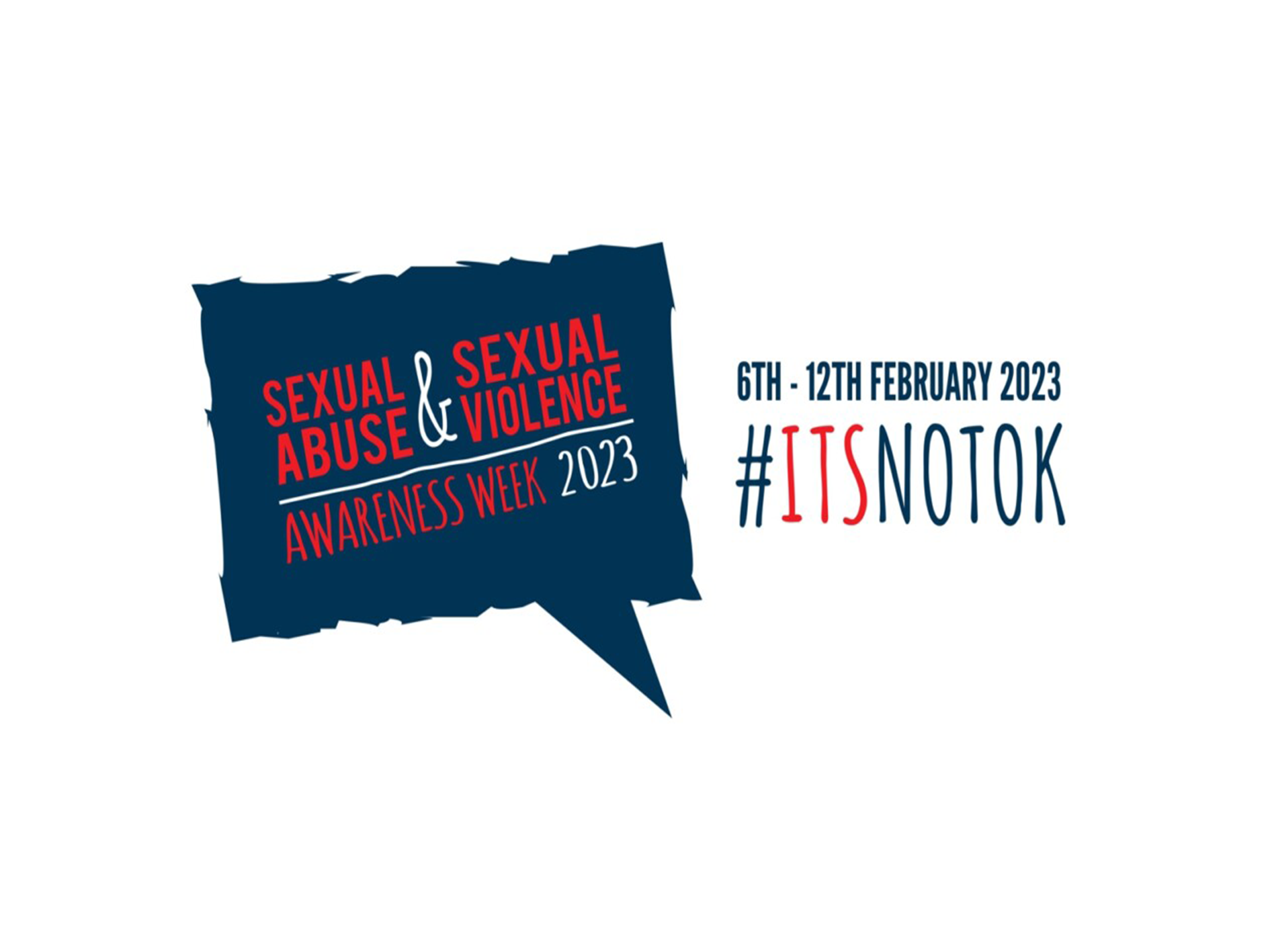
Where do you turn in times of need? In our experience, it’s to someone who recognises and has lived through your same struggle. Someone who implicitly understands not only your experience but the cultural context it sits in. It’s what makes small, community organisations such expert, trusted members of their community, and the first port of call for many support services.
Nowhere is this more relevant than with the complex needs and trauma woven into the violence against women and girls (VAWG) services sector. So, who better to appear as our guest writer for Sexual Abuse and Sexual Violence Awareness Week than its founder Yehudis Goldsobel. Yehudis is also the ex-CEO of our VAWG Grassroots Fund partner Migdal Emunah, a support service for Jewish children, women and men who have experienced sexual abuse. In this guest blog, she tells how she built a charity to meet the hidden needs of her community, and how the right funding and development can help these organisations soar.
Being a founder of a charity is both daunting and exciting, and a learning process while wearing many hats.
In 2010 I knew something vital was missing in my community. We had no service that could advise, support, or provide therapy for victims of sexual abuse; victims remained isolated and potentially at risk of further harm. I began visualising what an effective service would look like. The following year I met other victims from my ultra-Orthodox community — also in search of support — and began investigating the process of setting up a charity. I was certain something should exist, because as long as it did not, it fed into the narrative that sexual abuse didn’t happen in our community, adding layers of complex trauma for victims.
I made inquiries to become a registered charity. Easy, you’d think. Except, I was a full-time student at the time, and in addition to working, I did not have the required experience of heading an organisation. The application process, registering with Charity Commissions, Companies House, a bank account and finding £5,000 (a requirement) took me a year and some, before I was officially given a charity number in February 2013.
Being a founder of a charity is both daunting and exciting, and a learning process while wearing many hats. As the needs of your service users grow, your organisation develops. As a grassroots organisation this is your strategy and your focus. In time, you become adept at many things, fundraising, compliance, accounting, policy development, communications, programme development, risk assessments, social media, and so on. You learn skills on the job that bigger organisations have entire departments for, you are a founder-led small charity driven by a vision with the hope of meeting a need.
Working at a grassroots level is the best part of founding a charity, it keeps you connected to the entire reason you started; it means your strategy is constantly evolving based on user-led feedback and experiences. Working in the Violence Against Women & Girls / Child Sexual Abuse sector also comes with tremendous responsibility not to cause further harm, to work towards best practice, and to ensure our services are safe. There is a tremendous amount of responsibility for founders in this sector to get a vast number of tasks ‘right’.
LCF has created a fund like no other, one that provides vital funds but also opportunities for learning and growth, for better practice that ultimately benefits victims and survivors.
When I was first successful in securing a grant from The London Community Foundation (LCF), I was relieved for the much-needed financial boost, but the bigger win is what came with the Violence Against Women and Girls Grassroots funding — the Learning Programme. LCF hosted workshop sessions for their grantees to learn, upskill and develop partnerships within the VAWG grassroots sector. This shouldn’t be novel, but it is. LCF has created a fund like no other, one that provides vital funds but also opportunities for learning and growth, for better practice that ultimately benefits victims and survivors.
This week is the UK’s Sexual Abuse and Sexual Violence Awareness Week, a project I initiated in 2015. My motivation in setting this up was to open further opportunities for conversation, sharing of resources and greater learning on this otherwise hidden topic. The Awareness Week has seen year-on-year growth with events happening across the country, in education settings, within statutory services and third-sector organisations. My aspiration is that it continues to open dialogue about sexual abuse and violence to bring light and hope for positive transformational change within the sector. I put it to all those that fund the VAWG sector to consider opportunities for learning and growth, to develop best practices but also to develop a cohort of skilled passionate staff with the capacity to further develop our grassroots and charity sector overall.
------
Yehudis Goldsobel is the Founder of Migdal Emunah, the UK’s first support service for Jewish victims of sexual abuse and was CEO of the charity for ten years. She is Chair of the Met Police Independent Advisory Group for Rape & Serious Sexual Offences and Founded the UK National Sexual Abuse & Sexual Violence Awareness Week. Yehudis is currently completing her Masters in Domestic Violence & Sexual Abuse at Goldsmiths University and is the leading expert in VAWG and CSA within a Jewish and Charedi context.
Sexual Awareness Week is hosted annually in early February and this year falls on 6-13 February, under the theme #ItsNotOk. You can find out more about the week, as well as resources to get involved on social media, on their website: https://sexualabuseandsexualviolenceawarenessweek.org/
